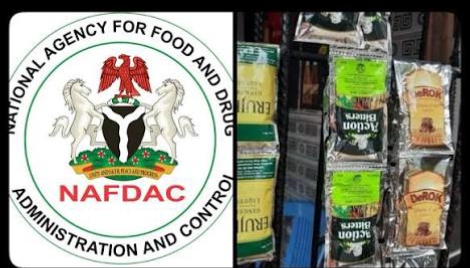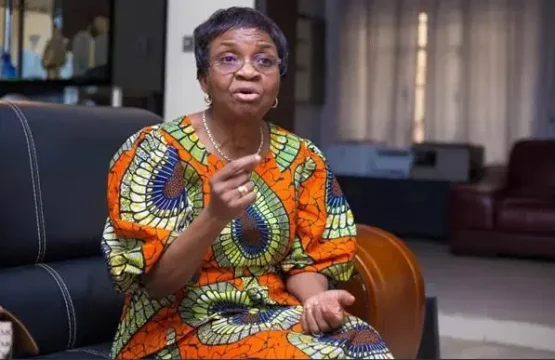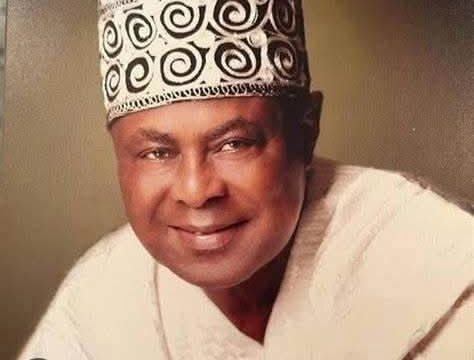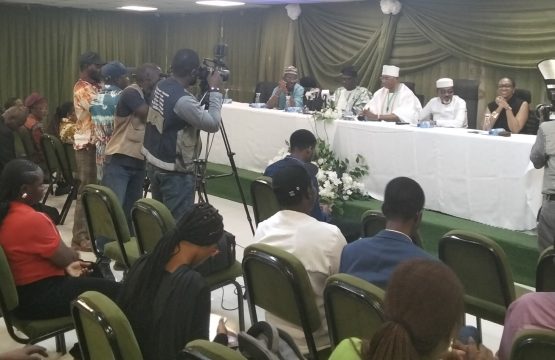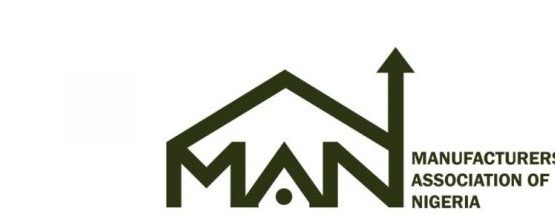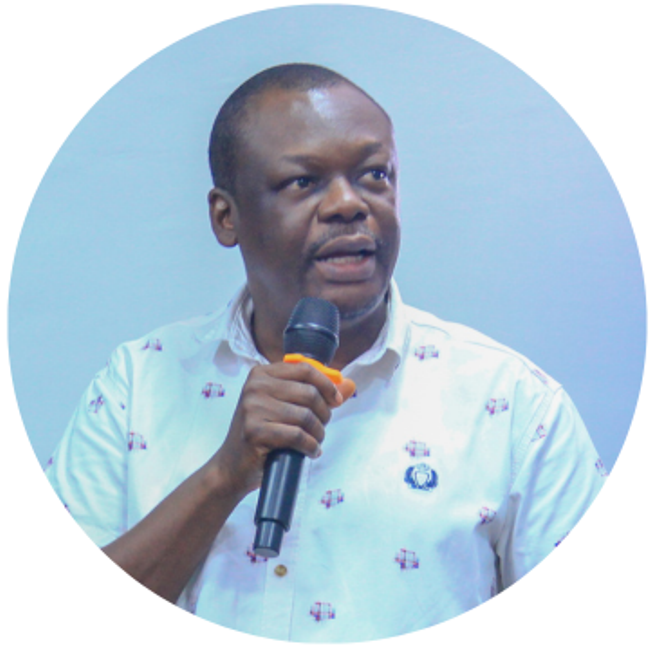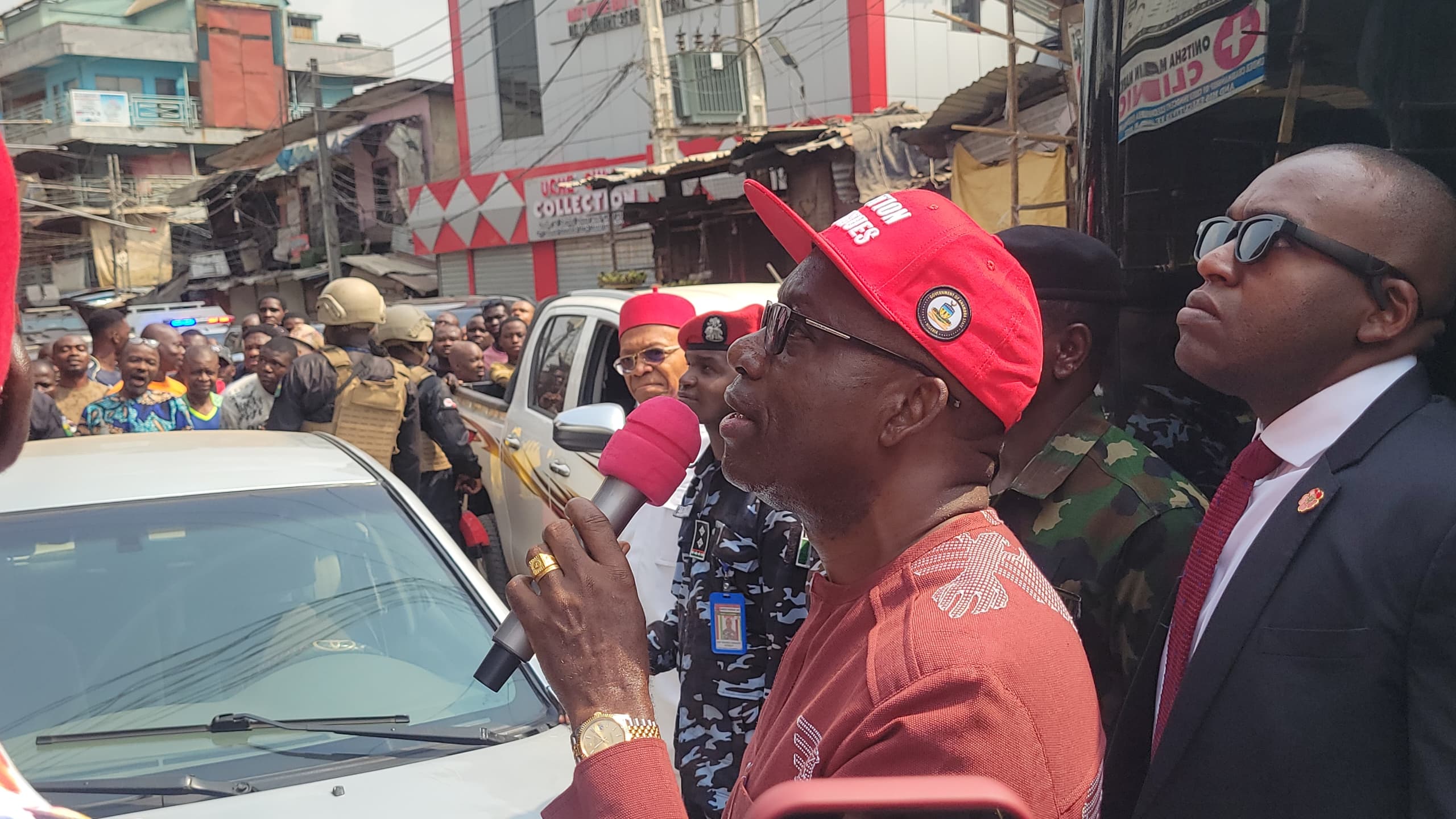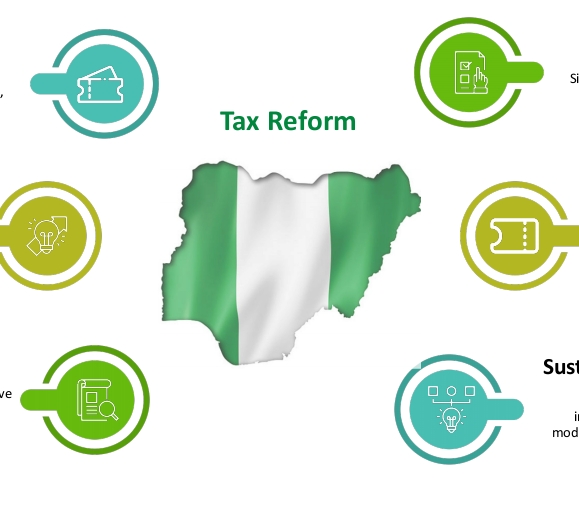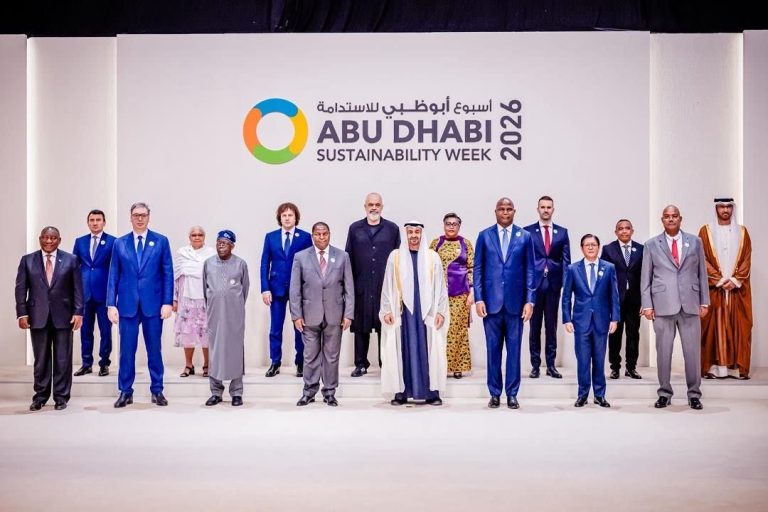By Philip Jakpor
On Friday, May 10, 2024, the Nigerian President met with two Chinese companies – Avatar New Energy Materials Company Limited which processes 4, 000 tons of lithium per day in Nasarawa State, and Canmax Technologies, the Chinese company responsible for over 30 percent of the global battery material production, which announced a new investment of $200 million for a lithium processing plant in the state.
In that meeting the president emphasized and re-emphasized the importance of prioritizing environmental sustainability and community engagement to the investors.
That meeting had the president, Minister of Solid Minerals, the Chinese firms but unfortunately no community representative was invited to attend.
Two weeks earlier four Chinese nationals were arrested in Nasarawa for illegal mining of lithium. The arrested suspects held no certificate or license to deal in the solid minerals but were running a business venture identified as HOSAN Agro-Allied Company Limited, which was registered to deal in agricultural-related activities.
We were not told how long they had been dealing in lithium mining or how much they had extracted or who their partners were.
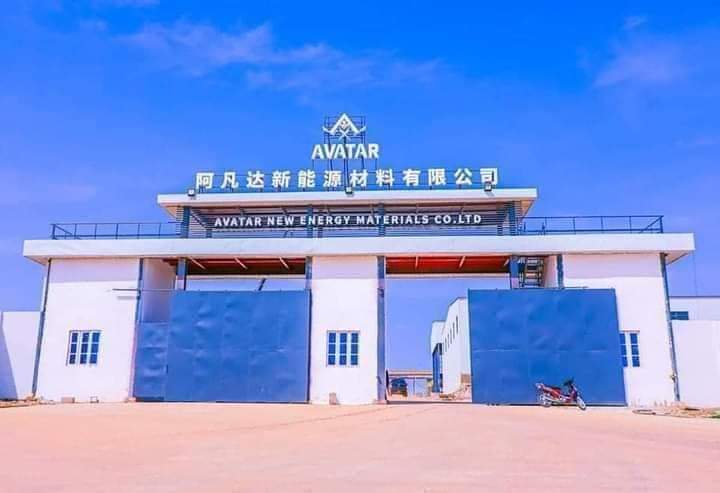
▪︎Avatar New Energy Materials Company Limited/ X photo
If we probe deeper we would also ask who their accomplices are in government.
The depictions above represent the true picture of what lithium mining in Nigeria looks like.
My organization has visited one of the communities where lithium and gold are being mined in that state and can confidently tell you that local community people are excluded in the engagements between the government and the miners and the environment is a crime scene.
There are also some unsavory developments also in that community – a growing number of kids are recruited to mine and the girls are becoming sex slaves for the miners.
In every community and around every community, where lithium is mined in Nigeria, there are Chinese companies and there is insecurity.
Deliberately created insecurity in the mining communities allows the miners get away with their environmental and other crimes.
The requisite monitoring and oversight are largely missing.
And let’s not forget that lithium is driving the renewable energy vision of the world.
A metric ton of lithium in the international market is about $100,000 per metric ton, up from about $30,000 a year ago.
The largest lithium importers are China, Japan, South Korea and the United States.
The Chinese are ahead in the race to grab every lithium mining community in Africa and they respect neither human rights nor environmental sustainability.
” In the state of California today, for every ton of lithium extracted, there is a California Lithium Extraction Tax of between $400 and $800 that goes back to the local community for sustainability and other useful purposes.”
Rocks are blasted indiscriminately, wastes are discarded indiscriminately, and child labour issues are being documented in their mining sites.
These incidents in lithium mining communities are reminiscent of oil extraction in the Niger Delta where issues of environmental sustainability are rife and the locals are left out of the governance of what ideally are resources from their own environment and should benefit them.
Ogoniland, in Rivers State, is a clear example of the oil curse.
These incidents are in contrast with what obtains in the Global North. In the state of California today, for every ton of lithium extracted, there is a California Lithium Extraction Tax of between $400 and $800 that goes back to the local community for sustainability and other useful purposes.
This tax was introduced in 2023.
So the big question is this: Is lithium mining in Nigeria following the just path? Obviously the answer is no.
And just like in Zimbabwe and elsewhere on the continent, if African governments fail to ensure that communities, where lithium is mined benefit from lithium extraction and are part of the governance structure, just like the oil curse, we will also start experiencing the lithium curse.
▪︎Philip Jakpor is the Executive Director of the Lagos-based Renevlyn Development Initiative.

